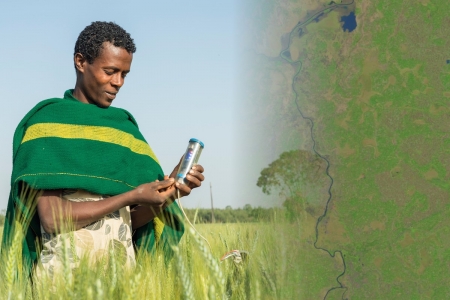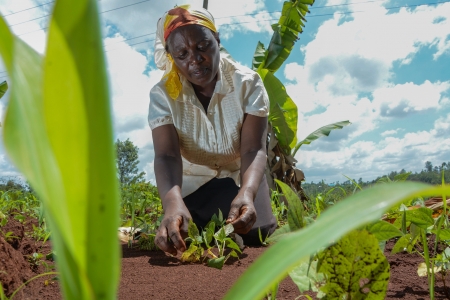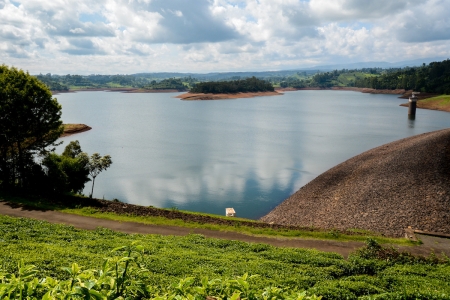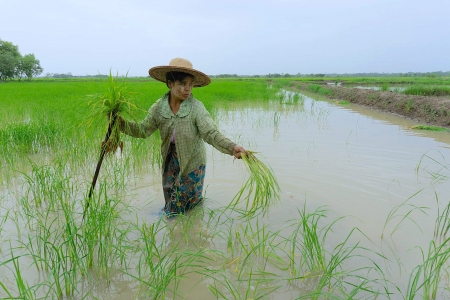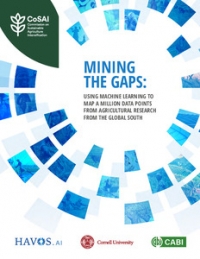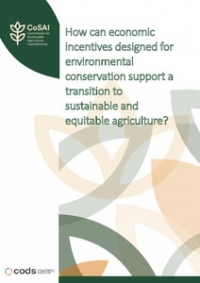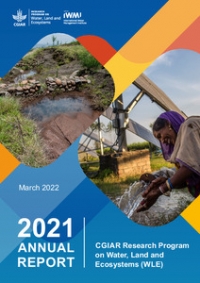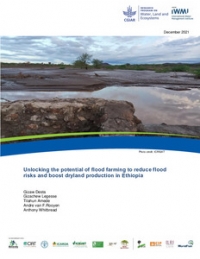Important research on how integrated rice-fish production can improve food security and climate resilience has been published as a result of strong collaboration by WorldFish, the International Water Management Institute (IWMI) and the International Rice Research Institute (IRRI), under the leadership of the CGIAR Research Program on Fish Agri-Food Systems (FISH).
The production of fish with rice is an ancient practice across Southeast Asia. In some systems rice and fish are present at the same time. In others, rice is grown during the dry season while fish occupy the land when it is flooded. The fish may be wild or deliberately stocked. Such systems provide the nutritional diversity important for good health and make good use of the land and water.
In recent decades, however, intensive monoculture of Green Revolution rice and fish, separately, in aquaculture, has displaced combined rice-fish systems in many countries. While monoculture boosts short term production and profitability, it also causes environmental damage and reduces resilience. Furthermore, malnutrition - in many places in Asia, the result of too much starch (in rice) and not enough protein and micronutrients (typically found in fish) - remains high in the region.
"In many places, the practices of the Green Revolution have reached the point of diminishing returns," notes Matthew McCartney of IWMI, one of the authors of the paper.
The research by WorldFish, IWMI and IRRI looked across the region to develop a typology of rice-fish systems. Important considerations are the nature and degree of fish stocking, water management, the use of agro-chemicals and the institutions that control access to fish. Within the various systems, they show how research and innovation have contributed to their development, with a focus on food and nutrition security in Bangladesh, Cambodia, Myanmar and Vietnam.
Based on these analyses, the team concludes that "widespread implementation of a diversity of agroecological approaches to rice and fish production could enhance the adaptability of food systems to global change."
Sarah Freed, research scientist at WorldFish and lead author of the study, said "rice-fish systems represent an ancient practice that, if managed correctly can, without doubt, serve future generations well."
Support for the research came from the CGIAR Trust Fund with additional funding from the Australian Centre for International Agricultural Research and the United States Agency for International Development.

